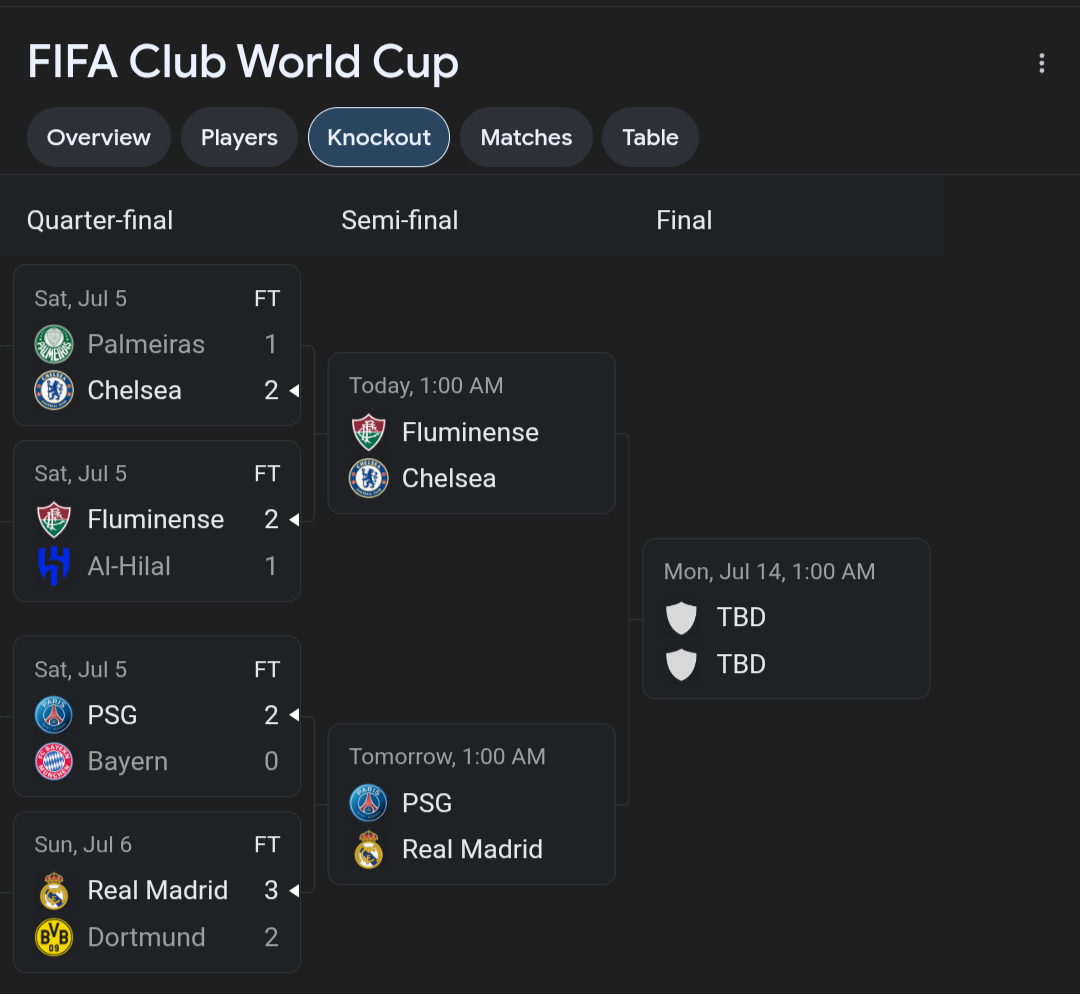Rome is making headlines today, June 28, 2025, as Italian Prime Minister Giorgia Meloni firmly rejects proposals from France and the United Kingdom to deploy Italian troops to Ukraine, stirring the pot in an already tense European security landscape. The decision, rooted in doubts over the plan’s feasibility and effectiveness, underscores Italy’s cautious stance amid the ongoing Russia-Ukraine conflict. As the world watches this diplomatic standoff unfold, could this mark a rift in Western unity—or a strategic pivot? Let’s dive into the unfolding drama!

Meloni’s rejection, first voiced in early March during an interview with Rai1 TV, has resurfaced with renewed vigor as pressure mounts on European nations to bolster Ukraine’s defenses. She labeled the French and UK proposal—suggesting a European peacekeeping force—as “very difficult to implement” and questioned its ability to deliver results, declaring, “We will not send Italian soldiers to Ukraine.” This stance comes as France and the UK push for a “coalition of the willing” to support a potential ceasefire, a move complicated by U.S. President Donald Trump’s recent halt on military aid to Kyiv following a heated Oval Office clash with Ukrainian President Volodymyr Zelenskyy.

The context is charged. Italy’s refusal aligns with its broader commitment to seek a “sustainable and lasting peace” for Ukraine, favoring diplomatic solutions over military escalation. Meloni has emphasized unity among Western allies, warning against divisions that could weaken the front against Russia. Her position contrasts with British Prime Minister Sir Keir Starmer’s pledge to deploy peacekeeping troops and French President Emmanuel Macron’s earlier hints at a non-frontline presence, sparking debates across Europe. Posts found on social platforms reflect a split—some applaud Italy’s restraint, while others see it as a missed opportunity to support Kyiv.
The stakes are high. With Russia advancing in eastern Ukraine and NATO grappling with internal disagreements, Meloni’s decision could influence other nations’ stances, including Germany and Poland, which have also hesitated on troop deployments. Italy continues to provide significant military and humanitarian aid, reinforcing its support without boots on the ground. However, critics argue this could embolden Moscow, especially as Zelenskyy pushes for robust security guarantees. As summer nights deepen, the rejection highlights a growing divide over how to address the conflict.
Will this stance strengthen peace talks or widen the Western rift? The answer lies in the days ahead—stay tuned!







































